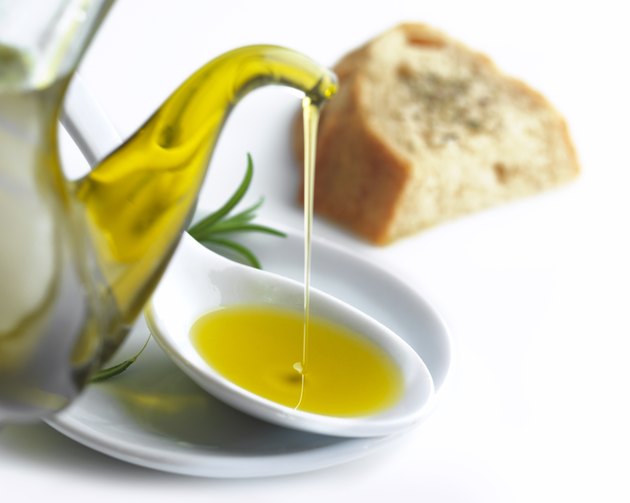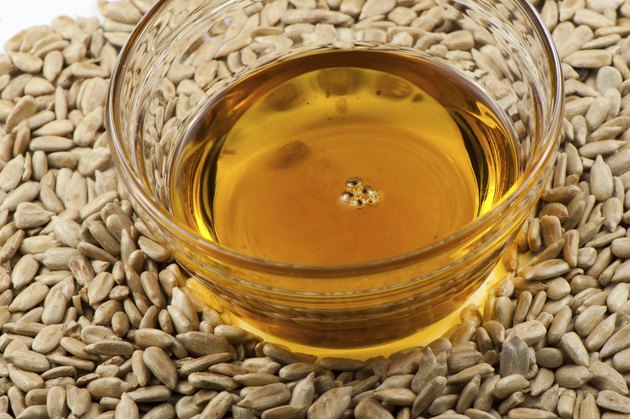1、Canola oil is a modified low glucosinolate and canola oil. It is very compatible with the fatty acid composition of "healthy edible oil" and can be used as a "general edible oil".
2、The “primary cold pressed” olive oil and camellia oil, which may be used for salads, may have some additional health benefits. But if it is refined olive oil, or used for frying, then there is no point in nutrition.
3、Soybean oil is also a good oil. If the recipe contains olive oil and camellia oil with low polyunsaturated fatty acids, soy oil can be used to supplement polyunsaturated fatty acids in cooking to balance the price.
4、Sunflower oil and corn oil are only suitable as a "change of taste". If you really like it, you can use some of them for vegetables and the other part with canola oil.
5、The sesame oil and peanut oil have a nutritious composition. However, sesame oil is used for salad dressing, and peanut oil is used for frying, which has a unique flavor. And the conventional frying and frying, they have no advantage
6、Linseed oil is characterized by extremely high polyunsaturated fat content, but the body's demand for polyunsaturated fats is not as good as possible, so linseed oil does not conform to "reasonable fatty acid composition" like canola oil.
7、The “health effect” of coconut oil is not supported by solid scientific evidence. The current consensus in the scientific community is that coconut oil, palm oil, and lard should "limit intake."
8、It is best not to buy "earth oil" and "self-pressing oil". The residual amount of organic solvent in qualified leaching oil will not cause harm to the human body and will not cause cancer.
In addition, the saying that "oil has to be eaten" is very popular, but blindly "changing to eat" does not make much sense. The reason for “changing to eat” is that the fatty acid composition of various oils is not the same, and a reasonable composition is achieved by “changing to eat”. If there is no clear understanding of the characteristics of various oils and the needs of the human body, simply "changing to eat" does not achieve the goal of "reasonable fatty acid composition." Of course, after understanding the characteristics of the oil, you can eat it or mix it with you.
Cholesterol is a type of lipid that serves several necessary purposes in your body, such as making vitamin D in the skin, repairing cell membranes and producing hormones. However, too much can be harmful to the health of your heart and brain. Some cooking oils contain cholesterol while others are cholesterol-free, and making note of these differences can help you choose the right oil for you and your family.



